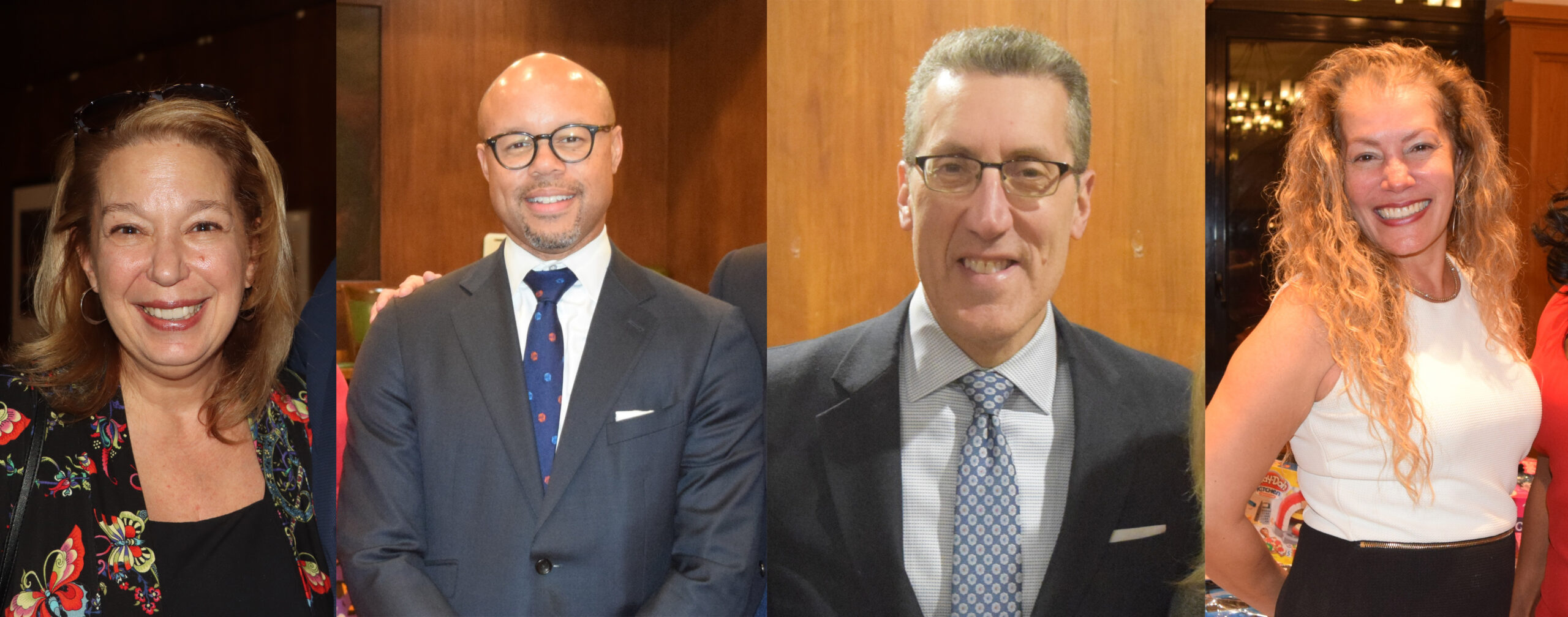Brooklyn Bar Association CLE tackles Rule 8.4 and attorney discipline

Photo: Mario Belluomo and Robert Abruzzese/Brooklyn Eagle
The Brooklyn Bar Association gathered together a group of some of the biggest names in the local legal community on Zoom on Wednesday for a roundtable continuing legal education (CLE) discussion called, “Behave Yourself: Rule 8.4 and Attorney Discipline.”
The session featured esteemed speakers Andrea Bonina, a past president of the association who served as the moderator; Anthony Vaughn, Jr., the BBA’s president-elect; Michael Farkas, a retired military judge and esteemed past president of the Kings County Criminal Bar Association; and Angelicque Moreno, president of the Puerto Rican Bar Association.
The discussion focused on Rule 8.4, which mandates attorneys to avoid conduct adversely reflecting their fitness as lawyers. The panelists delved into recent cases and anti-harassment amendments, essential for every practicing attorney.